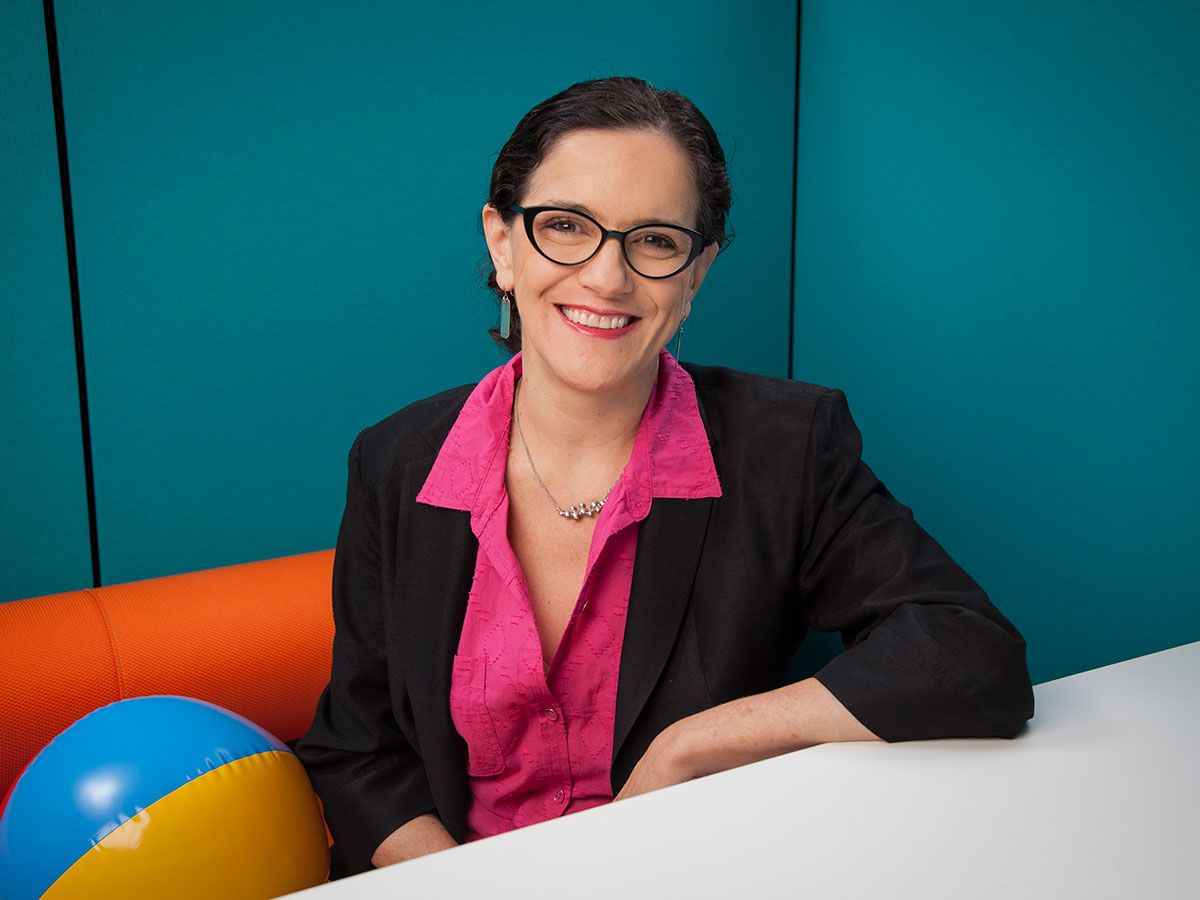How Nissan is using anthropology to make autonomous cars safe

What happens when robot cars meet complex social interaction, like head nods, horn honks, or even road rage? Dr. Melissa Cefkin “is here to teach autonomous cars how to behave”.
A design anthropologist based at the Nissan Technical Center in Silicon Valley, Cefkin is charged with leading the autonomous car research into the complex web of human-machine interaction: within and outside the vehicle, and in the context of the broader culture. Brett Berk of The Drive spoke with her.
“Cefkin’s project is to take an empirical look at what happens in shared spaces between and among humans and vehicles to decipher what that says about patterns of interaction. Her goal is, “to help the autonomous vehicle know how to ‘behave’ properly.â€
To this end, Cefkin employs all of the core tools of anthropology—individual and group interviews, charted observation, and codified ethnographic videography among them—in order to seek patterns that can be fed into the decision chains of our robot overlords.
Some of Cefkin’s more fascinating findings point out the subtlety of the challenges that autonomous vehicles will face.”



